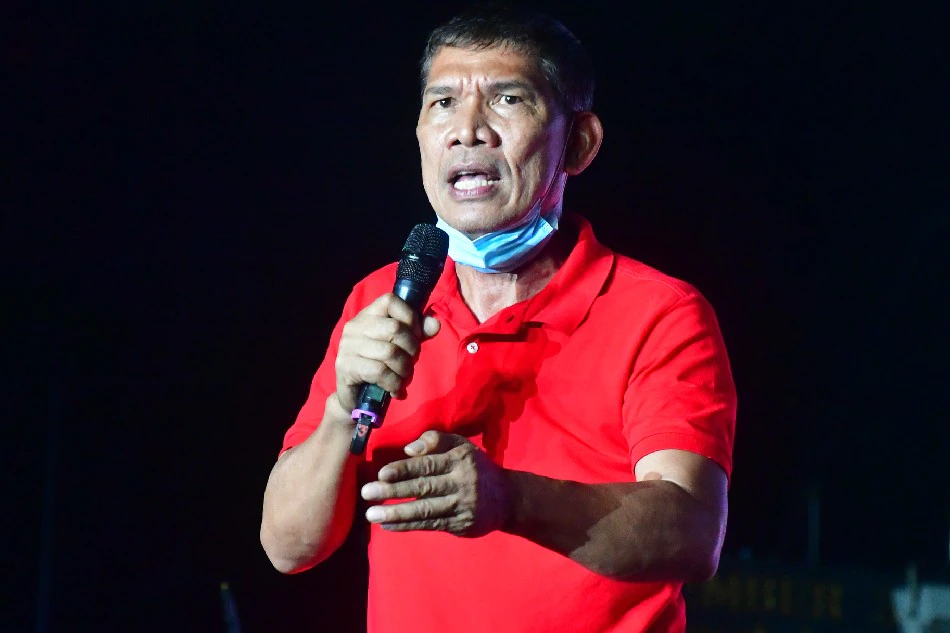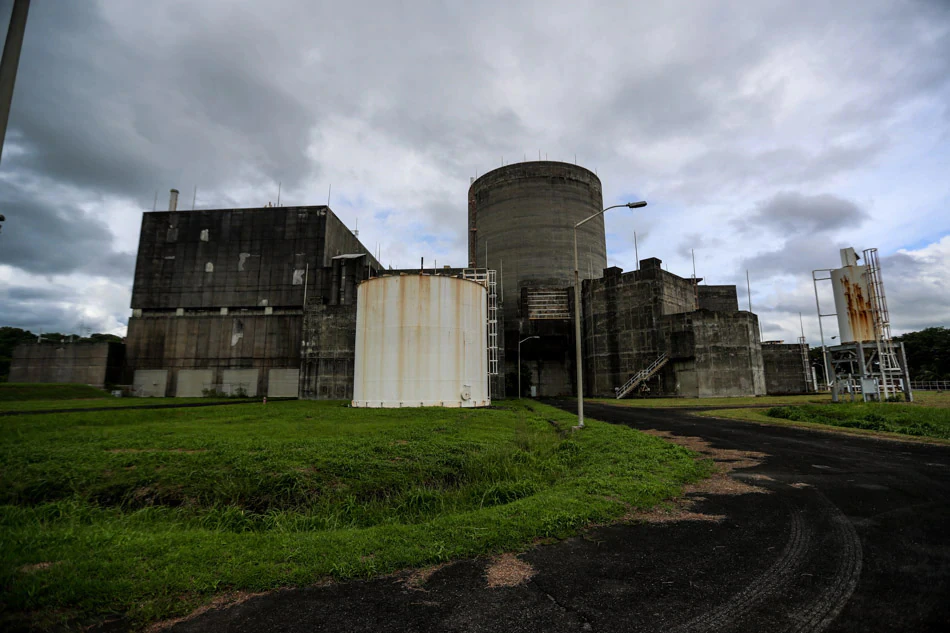
MANILA — Partido Lakas ng Masa presidential bet Leody De Guzman said that tapping nuclear energy for power will only harm the environment and not resolve the issue of electricity.
“Hindi ito ang kalutasan sa nagbabadyang krisis sa kuryente. Palulubhain pa nito ang ating mga suliranin sa kalikasan at pampublikong pinansya o fiscal status,” De Guzman said in a statement last Friday.
(This is not the solution to the looming power crisis. This will further exacerbate our environmental problems and public finances or fiscal status.)
President Rodrigo Roa Duterte signed an executive order last Feb. 28 to include nuclear in the country’s energy mix to prepare for the phasing out of coal-fired power plants and after earlier efforts failed because of safety concerns.
Citing the Chernobyl nuclear incident, De Guzman said further studies should be done to ensure the feasibility of the said project.

The 1986 explosion in the nuclear power plant in Chernobyl, northern Ukraine caused the immediate death of two workers, and subsequently of 28 firemen and emergency clean-up workers due to Acute Radiation Sickness and another one due to cardiac arrest, according to the International Atomic Energy Agency (IAEA).
More than 200,000 people were displaced because of the accident, and at least 1,800 cases of thyroid cancer were documented in children aged up to 14 years old when the accident happened, the IAEA said.
The site of the explosion and 1,000 square-miles surroundings has been shut since until Russian forces invading Ukraine captured the area.
De Guzman said building an energy plant would only leave more carbon footprint and demand bigger spending.
“Mataas din ang carbon footprint sa pagtatayo ng mga energy plant, kaya malaki ang kontribusyon sa greenhouse gas emission at sa global warming, na nagpapalakas sa mga bagyo para sa mga bulnerableng bansa gaya ng Pilipinas,” he said.
(The carbon footprint in the construction of energy plants is also high, thus contributing significantly to greenhouse gas emissions and global warming which triggers typhoons in vulnerable countries such as the Philippines.)
“Malaki ang epekto nito sa ating suplay ng dollar reserves, at apektado din ng mga biglaang paggalaw ng foreign exchange rates. Magastos din ang pagtatayo ng mga planta, na dating itinatayo sa pamamagitan ng malakihang pangungutang tulad ng Bataan Nuclear Power Plant (BNPP),” he added.
(This has a major impact on our supply of dollar reserves and is also affected by sudden movements in foreign exchange rates. It is also expensive to build plants, which, as in past cases, including the Bataan Nuclear Power Plant, relied on large-scale borrowing.)
The BNPP was shut since 1986 over concerns of its proximity to dormant Mount Natib volcano, and worries over the energy source following the Chernobyl disaster.
De Guzman reiterated one of his climate programs: to shift to renewable energy that would help reduce carbon footprint.
“Para sa mas mura, mas malinis at mabilisang pagtatayo ng mga pasilidad para sa power generation, pangunahan at hikayatin ng gobyerno ang renewable energy. Libre ang hangin at sikat ng araw, hindi na kailangang angkatin sa ibang bansa,” he said.
(For cheaper, cleaner, and faster construction of facilities for power generation, the government should lead and encourage the use of renewable energy. Air and sunlight are free here, there is no need to import.)
“Walang nalilikhang waste ang solar at wind energy. Mas mabilis din itong naitatayo kumpara sa plantang nukleyar. Dapat sundin at palawigin pa ang Renewable Energy Law para sa safe, sustainable, at affordable na energy source.”
(Solar and wind energy do not generate waste. It is also built faster than a nuclear plant. The Renewable Energy Law must be followed and further expanded for a safe, sustainable, and affordable energy source.)
De Guzman’s climate program seeks to recognize that there is a climate emergency, a shift to renewable energy, and to halt projects that harm the environment.
The Department of Science and Technology, which welcomes Duterte’s signing of Executive Order No. 164, said “nuclear power is envisioned to bring down the cost of electricity and to contribute to energy security.”
It noted “the various limitations” being encountered in such other sources as natural gas, geothermal, hydro and coal.
Last year, the Philippines signed a commitment along with 40 other countries to shift away from coal as a source of energy.
But Energy Sec. Alfonso Cusi, who signed on behalf of the Philippines, only endorsed 2 out of the 4 clauses of the agreement: to rapidly scale up the deployment of clean power generation, and to make a just transition away from coal power in a way that benefits workers and communities.
Cusi did not sign to commit phasing out coal power in economies in the 2030s for major economies and 2040s for the rest of the world and to end all investment in new coal-power generation domestically and internationally.
Despite public concerns over safety, Cusi has advocated for nuclear power, which he said could be the answer to the twin problems of precarious supply and high electricity prices.
RELATED VIDEO:


